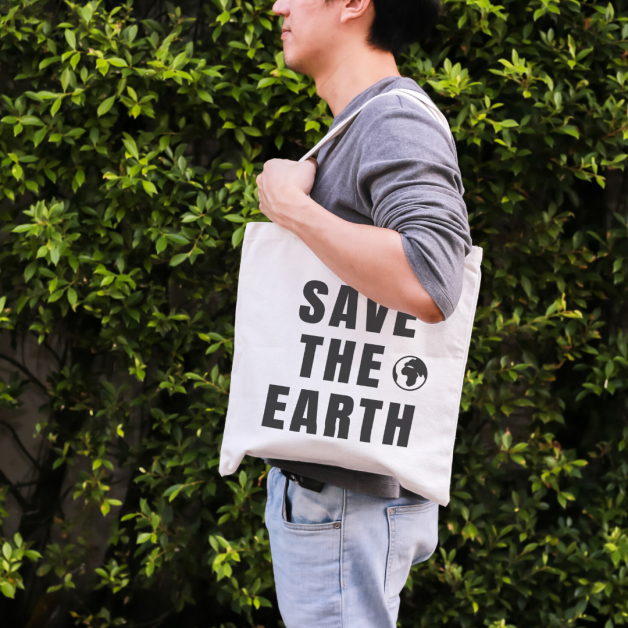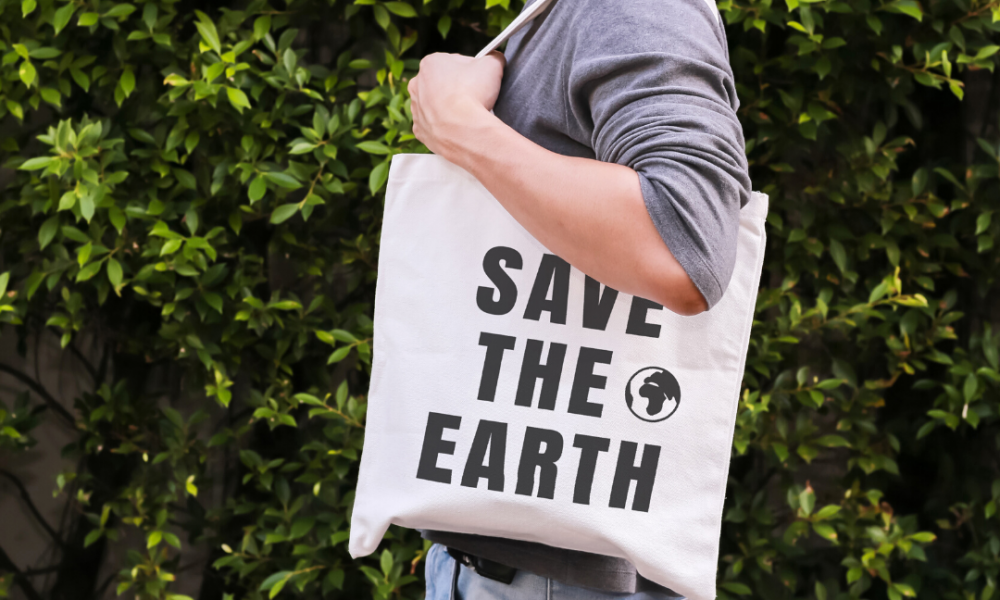
As our awareness of sustainability increases, our desire to become more environmentally friendly grows. If you have a food allergy, sometimes this can feel like a greater challenge due to the extra packaging that everything seems to come in and the need to prevent cross contamination.
Managing your food allergies is tricky enough, without having the worry of destroying the planet on top. Tackling climate change can feel overwhelming and that there is little that you can do to make a difference. But you might not realise that you can make some small changes that will help the environment as well as helping manage your food allergies.
Here are some of our top tips that you can do:

- Bring your own water bottle or coffee cups – this will reduce the chances of cross contamination as well as being more environmentally friendly.
- Buy a reusable straw – 8.5 billion of straws are thrown away every year in the UK alone. Many of these come with extra individual packaging around them. Avoid this needless waste by carrying your own reusable straw. Here are some to check out.
Reusable bags – UK supermarkets produce 1.2 billion bags just for fruit and vegetables, contributing to 59 billion pieces of single use plastic packaging every year. But keeping fresh foods separate is important to prevent cross contamination. Instead there are lots of reusable bags you can take with you instead.
4. Cook from scratch more – as well as being cheaper, cooking is a better option for the environment than buying prepackaged food. As well as having less plastic packaging to worry about, you have more control over the ingredients that go into the food, so reducing the chances of a reaction.
5. Grow your own – growing your own vegetables is a great way to reduce food costs and have complete control over what goes into the soil. Even if you don’t have much space, you can grow herbs and some vegetables in pots on a kitchen window or in plant boxes.


6. Check the label – if you have food allergies, you will be well versed in checking labels. Use this superpower to check that food is of better quality. Look for labels with free range, organic, RSPCA assured on them. Also look for the country of origin as the more local it is the better it will be for the environment.
7. Reduce food waste – did you know that every year the UK throws away 7 million tonnes of food and drink, that is just past it’s best before date but is still good to eat? You can buy food from places like Approved Food, where they sell surplus food and food that is near or just passed its best before date. This is sold at a huge discount and there is also a dietary section, which has options for dairy free, gluten free, vegan and vegetarian.
Do you have any environmentally friendly tips to share? Add them in the comments below, we’d love to hear them!
LiberEat’s content is not intended to be a substitute for professional medical advice. You should always take precautions and use appropriate judgement to protect yourself and others under your care with regard to food allergies.
Food allergen rules and regulations continue to change and evolve. Food businesses in production, hospitality, catering, and retail must be vigilant when working with ingredients, products, and dishes containing allergens and exercise due diligence when providing ingredient and allergen information to consumers. Successful allergen management is a big part of food safety professionals’ creating a culture of care and excellence within their teams.
LiberEat offers a second line of defence for food businesses by detecting errors, allergens, and other harmful ingredients with our proprietary Allergen Error Detection Technology. Food businesses can apply this technology directly to identify errors in allergen communications, preventing the risk of injury to consumers 24/7, 365 days of the year so that errors are detected, diagnosed and rectified quickly. We know this helps you protect your brand reputation and enhance customer trust in your brand.
Contact us today to learn more about how we can support your existing food safety processes.

